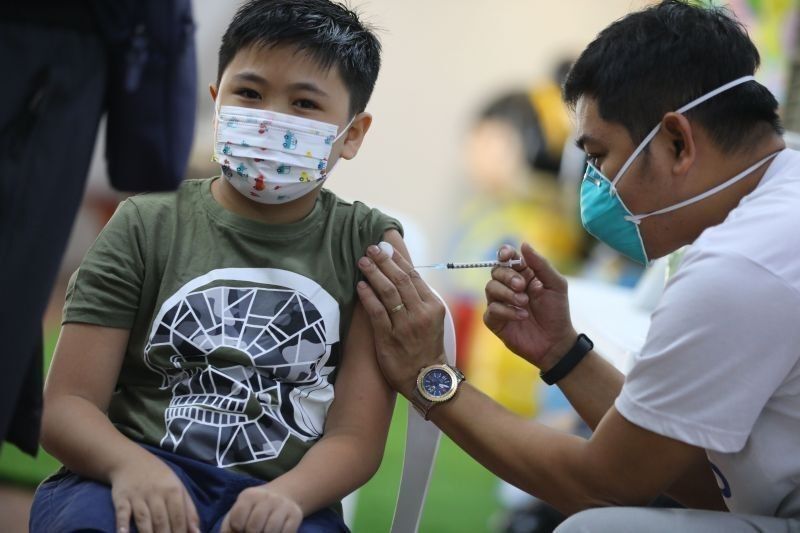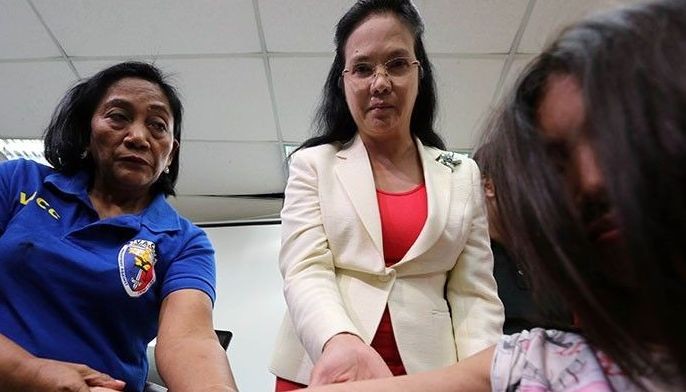Confidence in childhood vaccines fell by 25% in Philippines during pandemic — UNICEF

MANILA, Philippines — Confidence in vaccines for children has decreased by about 25% in the Philippines, putting a large number of kids in the country at risk of getting severe diseases, according to a report of the United Nations Children’s Fund (UNICEF).
The new UNICEF report found the perception of the importance of childhood vaccines declined by a quarter in the Philippines and by more than a third in the Republic of Korea, Papua New Guinea, Ghana, Senegal, and Japan after the start of the pandemic.
China, India, and Mexico were the only countries where confidence in vaccines held firm or even improved.
UNICEF reported that 67 million children missed out on vaccinations between 2019 and 2021, with vaccination coverage levels decreasing in 112 countries.
Of those who missed out on routine vaccinations, 48 million were zero-dose children, or those who did not receive a single routine vaccine.
The Philippines has one million zero-dose kids, the second highest in East Asia and the Pacific region and the fifth highest globally. There are around two million children born in the Philippines annually that are eligible for immunization.
Dr. Carla Orozco, immunization specialist of UNICEF Philippines, said this is “alarming.”
“This large number of unvaccinated children makes them susceptible to vaccine-preventable diseases that can cause deaths and disability,” Orozco said.
Vaccine hesitancy
In its report, UNICEF noted that the Dengvaxia controversy in 2017—prompted by unproven claims that the anti-dengue vaccine caused the deaths of children inoculated with it—led to a “precipitous fall in confidence that vaccines were important.”
“As a result, parents and caregivers did not vaccinate their children against any diseases,” the UN agency said.
The sharp decrease in childhood immunization coverage in the Philippines exposed children to vaccine-preventable illnesses such as measles and polio.
Nineteen years after it was eradicated in the country, polio emerged in September 2019. The outbreak was declared over in June 2021.
The resurgence of polio came after the Philippines was hit by measles and dengue outbreaks early in 2019.
“At the height of the COVID-19 pandemic, scientists rapidly developed COVID-19 vaccines that saved countless lives. But despite this historic achievement, fear, and disinformation about all types of vaccines circulated as widely as the virus itself,” said Catherine Russell, executive director of UNICEF.
The decline in vaccine confidence comes amid the largest sustained backslide in childhood immunization in three decades, fueled by the COVID-19 pandemic. The health crisis interrupted childhood vaccination due to intense demands on health systems, the diversion of immunization resources to COVID-19 vaccination, shortage of health workers, and stay-at-home measures.
UNICEF called on governments to urgently implement and accelerate catch-up vaccination efforts to protect children and prevent disease outbreaks.
The Philippines will conduct a measles, rubella and polio special immunization activity from May 2 to May 31, Health officer-in-charge Maria Rosario Vergeire said in a briefing Tuesday.
- Latest
- Trending

































